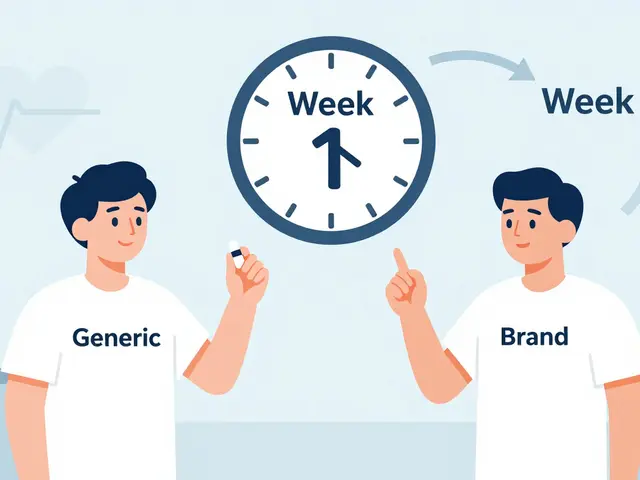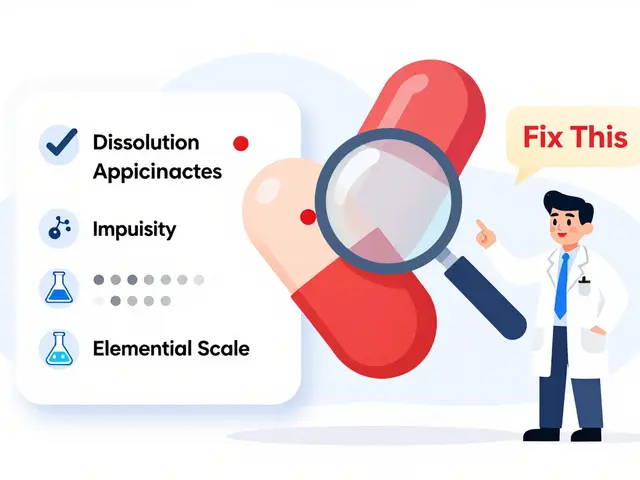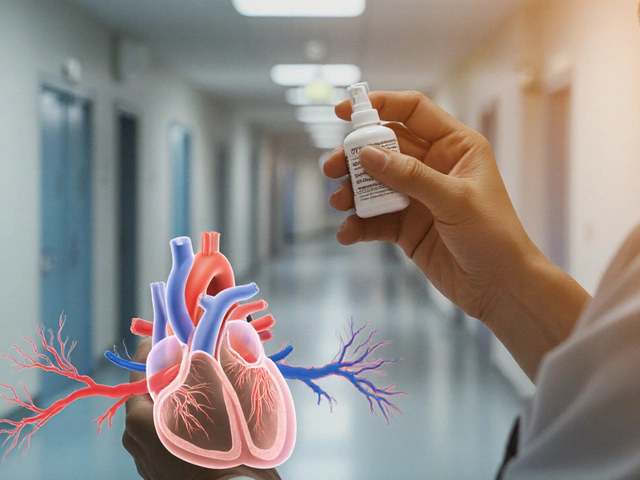NSAIDs: What They Are and How to Use Them Safely
Non‑steroidal anti‑inflammatory drugs, or NSAIDs, are the go‑to medicines for many people dealing with aches, fevers, and swelling. You’ve probably heard of ibuprofen, naproxen, or aspirin – they all belong to this family. The main job of NSAIDs is to block a chemical called COX that makes inflammation and pain happen. When that pathway is shut down, you feel less hurt and your joints move easier.
Common NSAIDs You’ll See
Over the counter (OTC) options are the most familiar. Ibuprofen (Advil, Motrin) works well for headaches, menstrual cramps, and mild arthritis. Naproxen (Aleve) lasts longer, so you might take it once or twice a day instead of every six hours. Aspirin is a bit older but still useful for low‑dose heart protection and occasional pain.
Prescription‑strength NSAIDs step up the game. Piroxicam, for example, is often prescribed for arthritis when milder drugs aren’t enough. It stays in the body longer than ibuprofen, so doctors can give a once‑daily dose. Other prescription picks include diclofenac, celecoxib (a COX‑2‑selective NSAID that aims to spare the stomach), and indomethacin for certain types of severe joint pain.
Safety Tips & When to Skip NSAIDs
Even though NSAIDs are handy, they’re not harmless. Taking them on an empty stomach can irritate the lining of your gut and cause ulcers. If you have a history of stomach ulcers, bleeding, or chronic kidney disease, steer clear or talk to a doctor before using them.
Heart health matters too. Some NSAIDs, especially the older ones, can raise blood pressure or increase the risk of heart attack if used long‑term. If you already have heart disease, ask your clinician whether a COX‑2‑selective drug like celecoxib is safer for you.
Always check other meds you’re on. Blood thinners (like warfarin) don’t mix well with NSAIDs because both can thin your blood a bit too much, leading to bruising or bleeding. Same story with certain antidepressants and steroids – they can boost stomach‑line irritation.
When you need short‑term relief, the lowest effective dose for the shortest time is the rule of thumb. For a sudden headache, a single 200‑mg ibuprofen tablet might be enough. For chronic conditions like osteoarthritis, doctors often start with the smallest dose of a prescription NSAID and monitor you regularly.
If you notice red or black stools, sudden stomach pain, or swelling in your ankles, stop the NSAID and get medical help right away. Those signs could mean serious side effects.
Bottom line: NSAIDs are powerful tools for everyday aches, but they need a bit of respect. Keep your stomach protected with food, watch your dosage, and talk to a health professional if you have heart, kidney, or bleeding concerns. By using them wisely, you’ll get the pain relief you need without the unwanted fallout.
In 2025, Prelone users are exploring a range of alternatives for managing inflammation. This article delves into these options, evaluating their pros and cons. With varying benefits and risks, these alternatives offer diverse approaches to treatment, from NSAIDs to emerging therapies. Understanding these options can help users make informed choices for their health. Discover the key differences and potential of each alternative today.
Categories
Archives
Recent-posts
Deficiency Letters in Generic Drug Applications: Common FDA Findings and How to Avoid Them
Jan, 16 2026



 Medications
Medications




